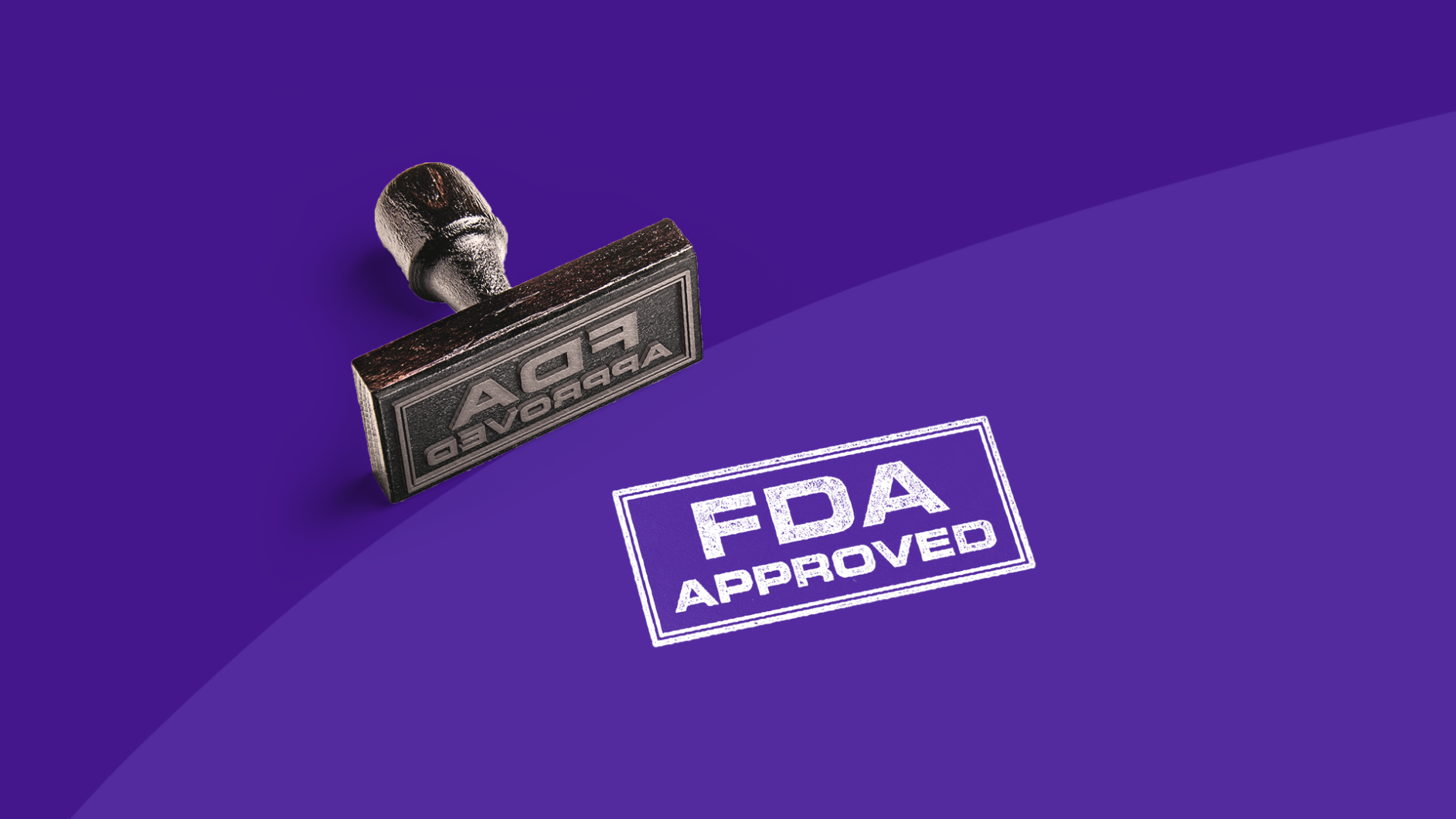Key takeaways
The FDA approved neffy, an epinephrine nasal spray for the treatment of severe allergic reactions leading to anaphylaxis.
It is the first epinephrine product for the treatment of anaphylaxis that doesn’t have to be delivered via injection.
Neffy is a single-dose nasal epinephrine spray that should be sprayed into one nostril.
This medication is intended for use in adults and children weighing at least 66 pounds, but the manufacturer is working on an application for use in smaller children.
There’s a new needle-free treatment option for people at risk for life-threatening allergic reactions. On August 9, the U.S. Food and Drug Administration (FDA) approved neffy, a nasal spray for the emergency treatment of anaphylaxis. It’s the first epinephrine product that does not have to be administered by injection. The approval comes more than three decades after epinephrine was first approved by the FDA for the treatment of anaphylaxis in 1987.
“Anaphylaxis is life-threatening, and some people, particularly children, may delay or avoid treatment due to fear of injections,” Kelly Stone, MD, Ph.D., Associate Director of the Division of Pulmonology, Allergy, and Critical Care in the FDA’s Center for Drug Evaluation and Research, said in a statement. “The availability of epinephrine nasal spray may reduce barriers to rapid treatment of anaphylaxis. As a result, neffy provides an important treatment option and addresses an unmet need.”
What is neffy?
Neffy is a single-dose epinephrine nasal spray that should be administered in one nostril. If symptoms worsen or don’t improve, a second dose (using a new nasal spray device) can be given in the same nostril five minutes after the first dose.
Neffy is intended for adults and children weighing at least 30 kg (66 pounds) who need treatment for Type I allergic reactions, a type of severe allergic reaction in which the body immediately begins producing an immunoglobulin E (IgE) mediated release of antibodies in response to an allergen.
Type I allergic reactions can be caused by food, medications, and insect bites. They are responsible for approximately 500,000 emergency department (ED) visits annually. ED visits for anaphylaxis in children have been on the rise in recent years, according to a 2021 study in the Journal of Allergy and Clinical Immunology in Practice.
Potential side effects of neffy
As with any medication, it’s important to be aware of the potential side effects of emergency epinephrine treatments. For example, the use of EpiPen can include side effects such as dizziness, weakness, shaking, paleness, headache, nervousness, anxiety, sweating, and a fast, irregular, or pounding heartbeat.
According to ARS Pharmaceuticals, the adverse effects noted in clinical trials of neffy tended to be “generally mild in nature without any meaningful nasal irritation or pain.” No serious adverse effects were reported.
When will neffy be available?
ARS Pharmaceuticals received a Fast Track designation by the FDA for neffy’s application and expects to have the product available in the U.S. within the next eight weeks. The company is also planning to file a supplemental NDA application for neffy by the end of the third quarter of 2024 for children who weigh 15 to less than 30 kg (33 to less than 66 pounds).
What will neffy cost?
ARS Pharmaceuticals announced a copay savings program that ensures patients whose insurance plans cover neffy will only have to pay $25 for each filled prescription of two single-use nasal sprays.
For people without insurance or whose insurance doesn’t cover neffy, ARS Pharmaceuticals stated they will offer neffy at a cash price of $199 for two doses. The company will also offer the ARS Pharma Patient Assistance Program to make neffy available free of charge to patients who meet the eligibility requirements but are uninsured or underinsured and have exhausted any other options.
In comparison, a person without health insurance may have to pay more than $800 for a name-brand two-pack carton of the EpiPen epinephrine auto-injector–and only slightly less for a generic version. However, using a SingleCare prescription discount card and coupon when purchasing EpiPens or generic epinephrine can lower the cost of two EpiPen auto-injectors significantly.
- ARS pharmaceuticals receives FDA approval of neffy® (epinephrine nasal spray), the first and only needle-free treatment for Type I allergic reactions, including anaphylaxis, ARS Pharma (2024)
- Epinephrine administered in anaphylaxis: The evolution of 0.3 mg dosage, Therapeutic Advances in Allergy and Rhinology (2023)
- FDA approves first nasal spray for treatment of anaphylaxis, FDA (2024)
- Trends in U.S. emergency department visits for anaphylaxis among infants and toddlers: 2006-2015, Journal of Allergy and Clinical Immunology in Practice (2021)
- Type I hypersensitivity reaction, StatPearls (2023)
- EpiPen, DailyMed (2023)




